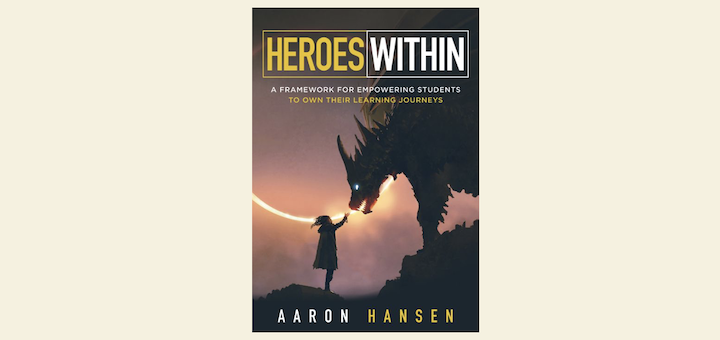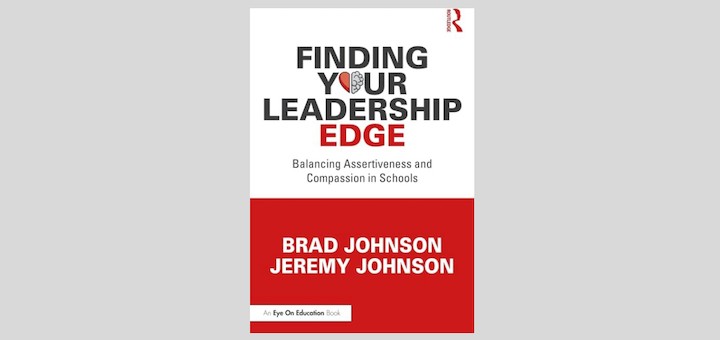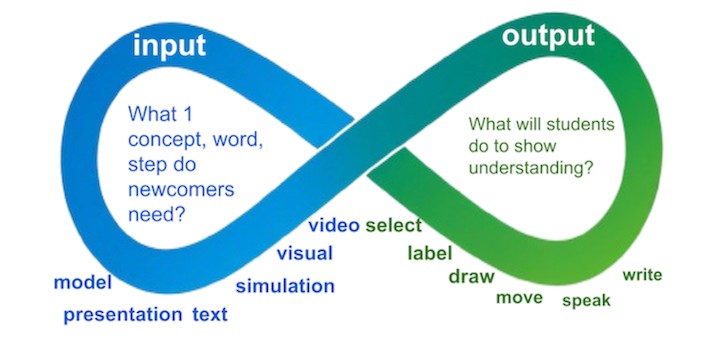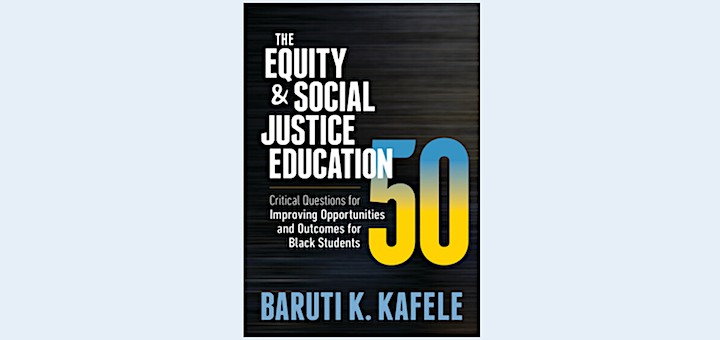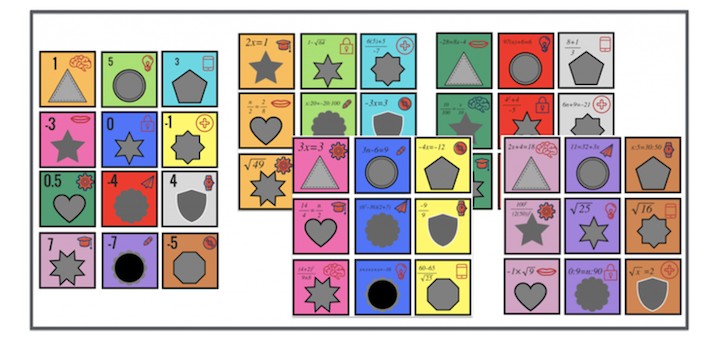Writing: Blurring the Fiction/NonFiction Line
Stephanie Farley has come to realize that she’s a hybrid kind of person – she enjoys the blurring of traditional lines between categories. Here she shares how she uses elements of fiction to help students conceptualize and improve their nonfiction writing. And vice versa.



